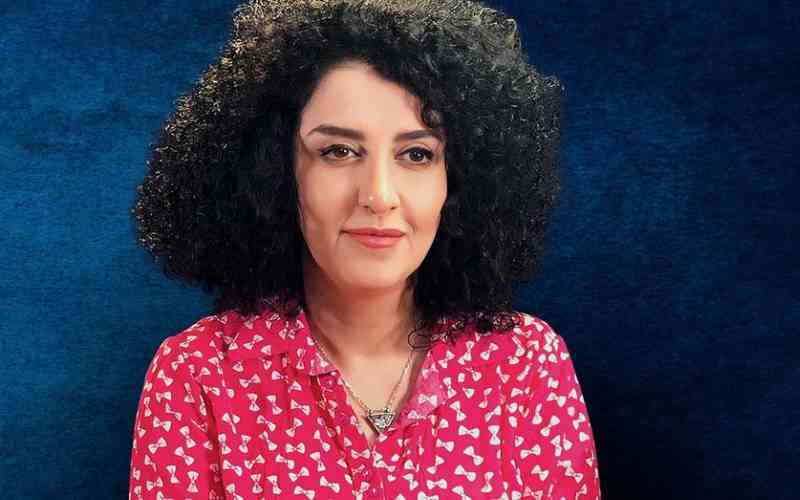×
The Standard e-Paper
Smart Minds Choose Us

Lack of competent leadership is the mother of all problems in the Global South. Other common challenges, whether social or economic, are typically secondary or mere add-ons.
But a hushed weakness we hardly confront is the sheer lack of self-sacrifice among leaders and the led. Across generations in our world, levels of selflessness are by and large wanting.